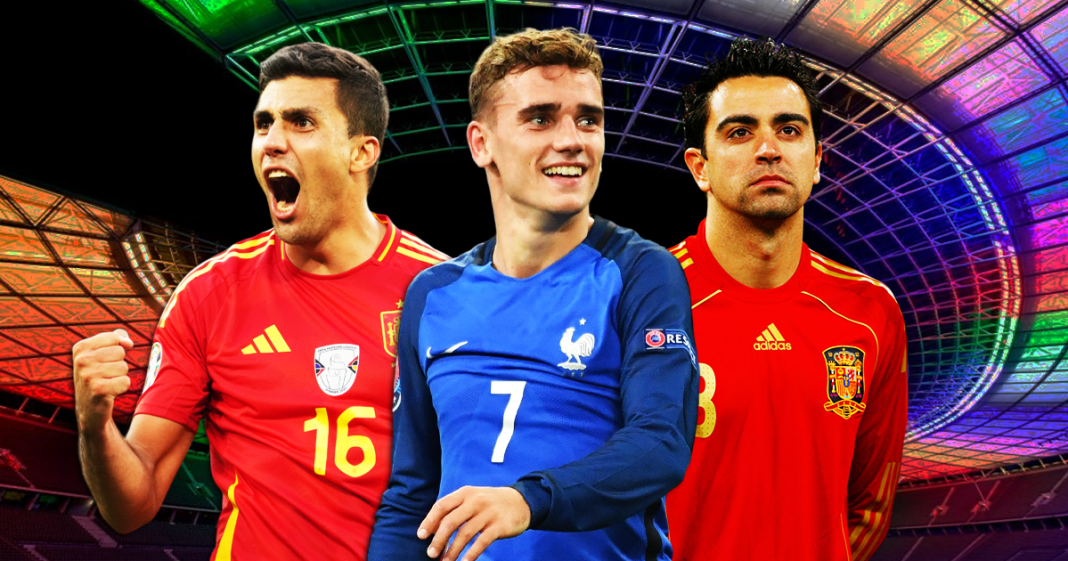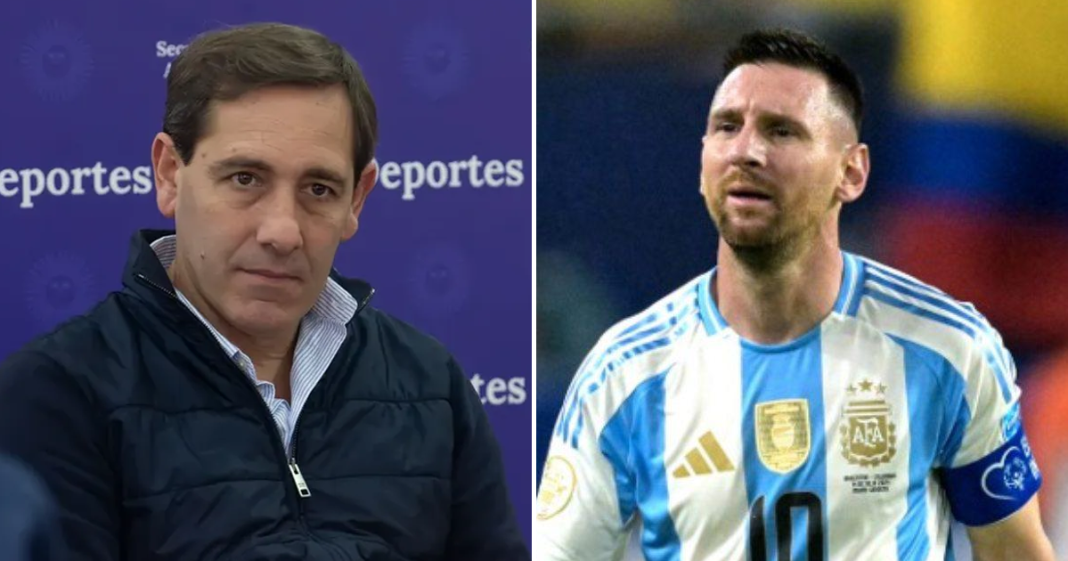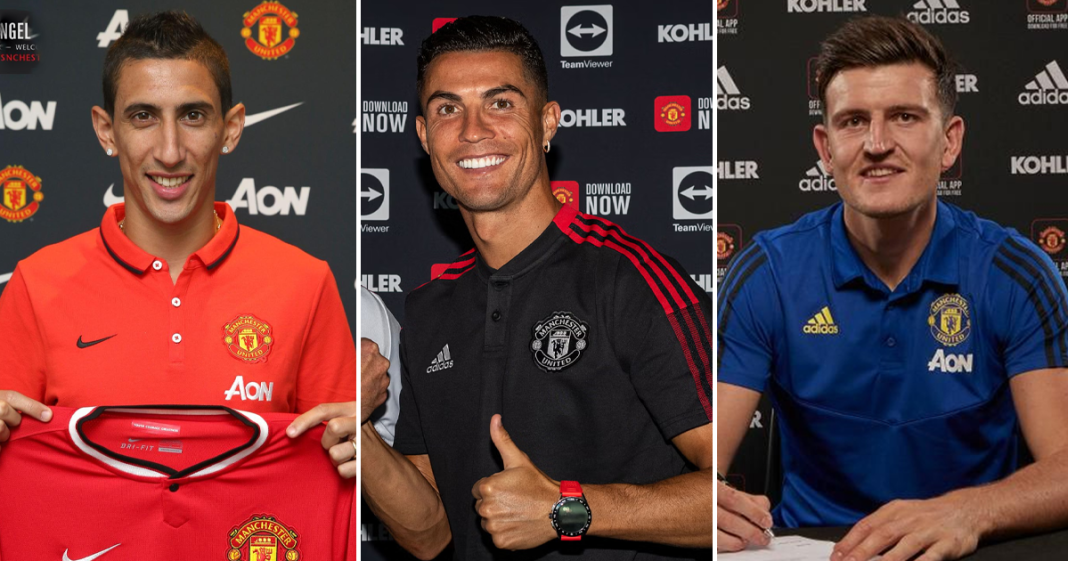Many players have graced the European Championship since its first edition in 1960. However, it wasn’t until 1996 that UEFA decided to officially commemorate the efforts of the very best by creating an award for the best player.
Following each tournament, UEFA’s team of Technical Observers, made up of former footballers from across the continent, decides who to name as the tournament’s star man.
Given it has only existed for less than 30 years, there have only been seven winners to date, meaning the likes of Michel Platini and Marco van Basten do not appear on this list.
But who has had the honour of being named as the tournament’s best player? We have the rundown of the previous winners.
1996 – Matthias Sammer (Germany)
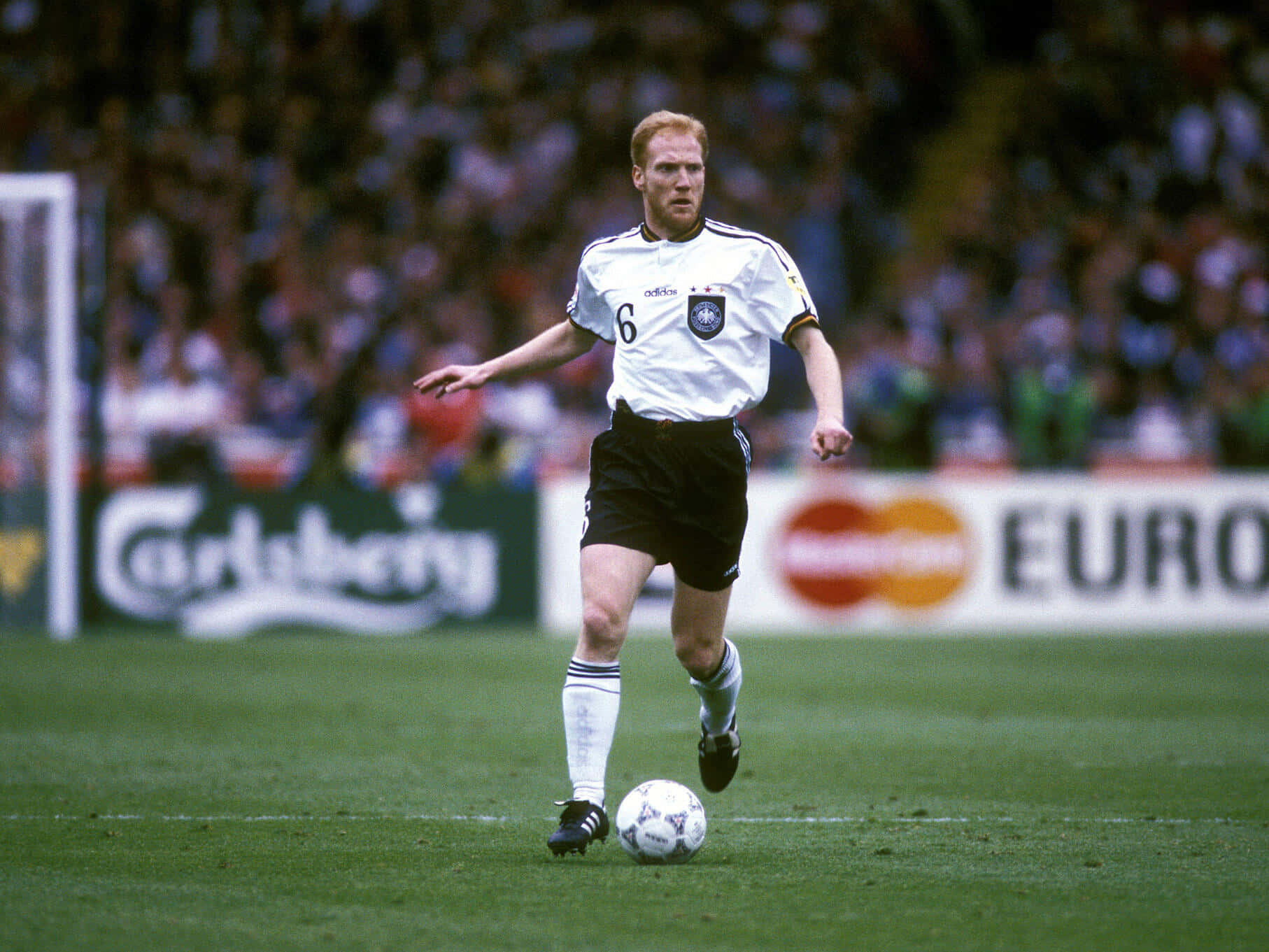
Matthias Sammer was part of the Germany side that became European champions at Euro 1996 in England. Die Mannschaft saw off the hosts on penalties as well as finalists Czech Republic with a golden goal winner to secure their first major title as a reunified nation.
With Sammer helping to keep goals out at one end – Germany conceded just twice all tournament – he also contributed at the other with two of his own, including the eventual winner in the quarter-final against Croatia.
Along with being named in the Team of the Tournament, Sammer became the inaugural winner of the individual award, which he followed up with a Ballon d’Or later that year.
2000 – Zinedine Zidane (France)
It is difficult to imagine France becoming world and European champions at the turn of the century without Zinedine Zidane. The Frenchman’s brace in the World Cup final two years prior to the Euro 2000 finals had already announced his prowess on the international stage, but he was arguably more instrumental as he helped guide France to a second successive international honour.
He may only have got on the scoresheet twice throughout the tournament – which included a superb free kick against Spain in the last eight, as well as an extra-time golden goal penalty in the semis against Portugal – but Zidane’s influence on the team was unmatched, even with stars like Thierry Henry and David Trezeguet alongside him.
A master of individual brilliance, there were plenty at the time calling Zizou the best player in the world, and UEFA certainly agreed on this occasion.
2004 – Theodoros Zagorakis (Greece)

Once of Leicester City, Greek midfielder Theodoros Zagorakis led his nation to one of the most unlikely of international triumphs as Greece went all the way at Euro 2004.
Rank outsiders heading into the tournament, players like Zagorakis came to the fore in Portugal as the Greeks saw holders France and host nation Portugal – twice – to record one of the tournament’s biggest shocks.
Not only was Zagorakis a captain marvel, but he was tenacious at the back, foiling attacks as part of a stout defensive rearguard that recorded three successive 1-0 victories in the knockout stages to secure a first-ever international honour for Greece.
Zagorakis’ crowning moment perhaps came in the quarter-final against France, when his cross was converted by Angelos Charisteas as Greece showed Europe they were not just there to make up the numbers. He would lift the trophy in Lisbon ten days later having kept the likes of Thierry Henry and Luis Figo at bay.
2008 – Xavi (Spain)
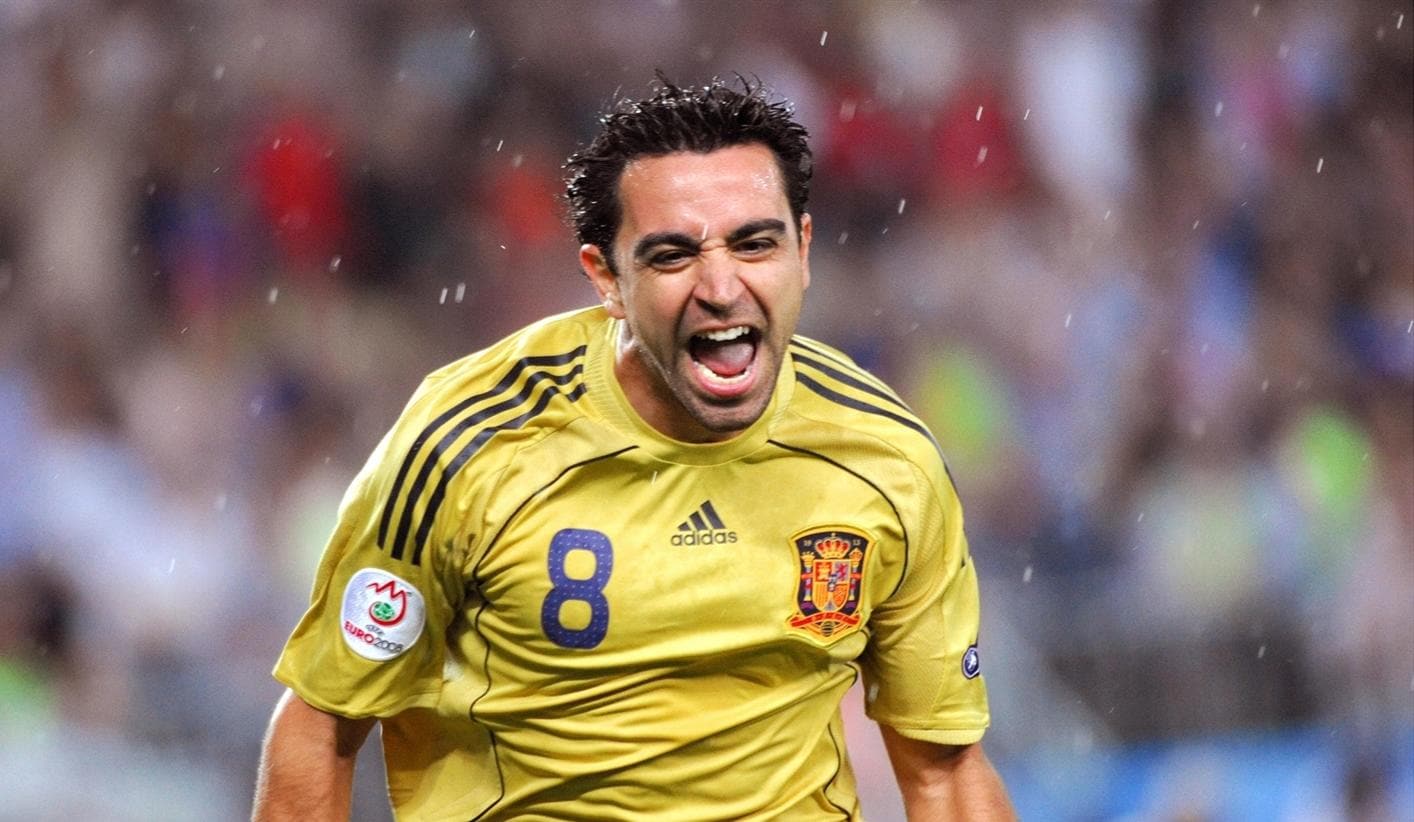
During Spain’s period of unrivalled dominance in European football, there will have been plenty of candidates who could have claimed to be their best player.
Indeed, nine of their playing squad made the Team of the Tournament at Euro 2008, which included top scorer David Villa and scorer of the winning goal in the final, Fernando Torres. UEFA’s Technical Team decided to hand Xavi the ultimate gong, saying he “epitomises the Spanish style of play”.
Xavi’s only goal at the tournament came in the semi-final win over Russia, showing that his game was more about the passing brilliance that we would all become accustomed to in the years that followed.
2012 – Andres Iniesta (Spain)

Not only did Spain make it back-to-back European Championships in 2012, but another Barcelona midfielder picked up the tournament’s best player award.
This time it was Xavi’s teammate, Andres Iniesta, who had almost effortlessly guided his side to more international glory two years after scoring the winner in the World Cup final.
Iniesta scooped up three Man of the Match awards during the tournament – a feat only matched by Andrea Pirlo, who may well have been named as the best player but for Spain ripping through the Italians in the final, during which the Spaniard starred, with his incisive through-pass getting the ball rolling as Cesc Fabregas laid it on a plate for David Silva’s opener.
Part of a Spanish forcefield that only conceded once throughout the tournament, Iniesta was a key part of their exceptional defence of the title.
2016 – Antoine Griezmann (France)
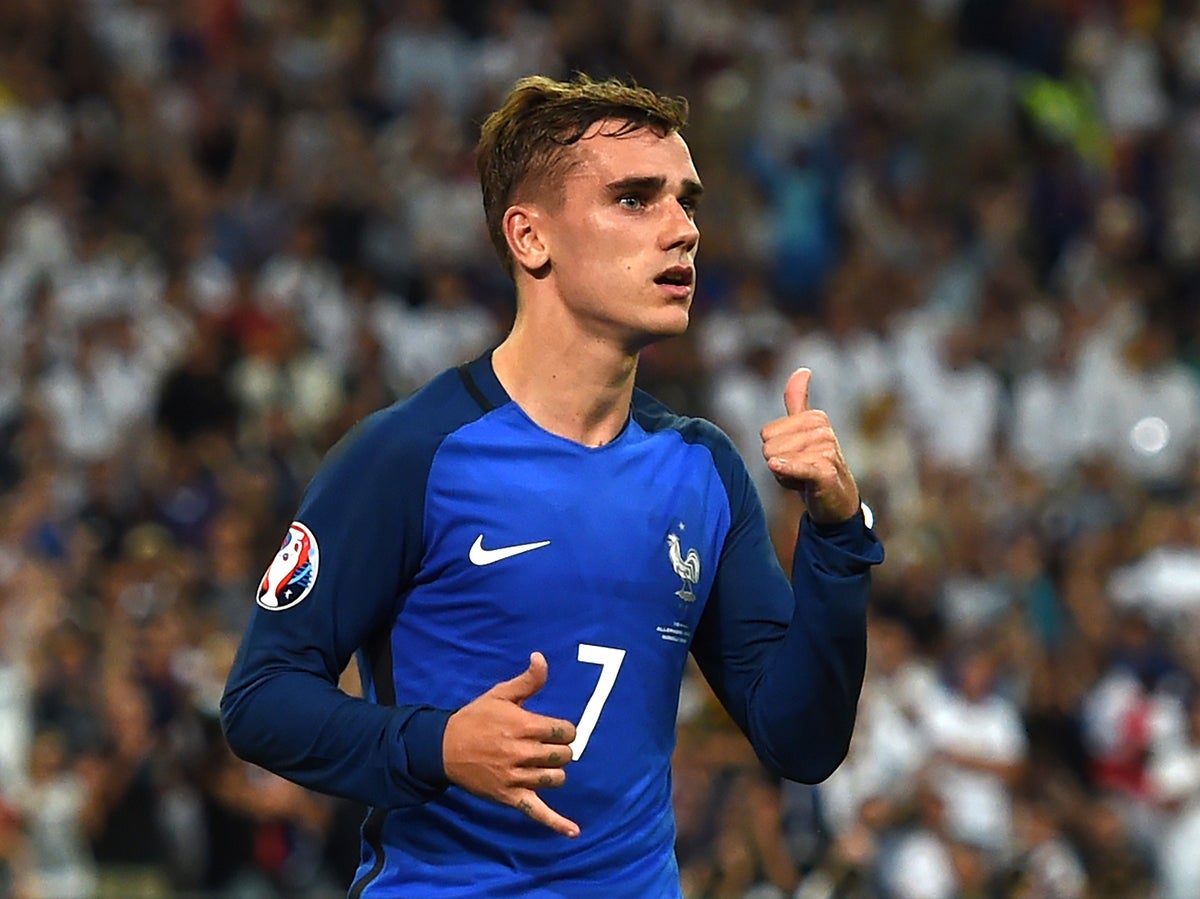
He may have ended up on the losing side in the final, but France’s Antoine Griezmann truly made a name for himself at his home European Championship.
Scoring six goals (double anyone else’s tally) and taking home the Golden Boot in the process, there is little debate over which standout player deserved the accolade more.
An underwhelming group stage meant Les Bleus had to look for individual quality at times, at that’s exactly what Griezmann did when scoring a late clincher against Albania when the game looked destined for a draw.
He then came to life in the knockout stages, with a brace against the Republic of Ireland before getting in on the act as France trounced Iceland in the quarters.
But it was perhaps his match-winning double against then-world champions Germany that really set him apart from the rest, taking responsibility from the spot before impudently prodding home and celebrating in true Griezmann style.
2020 – Gianluigi Donnarumma (Italy)
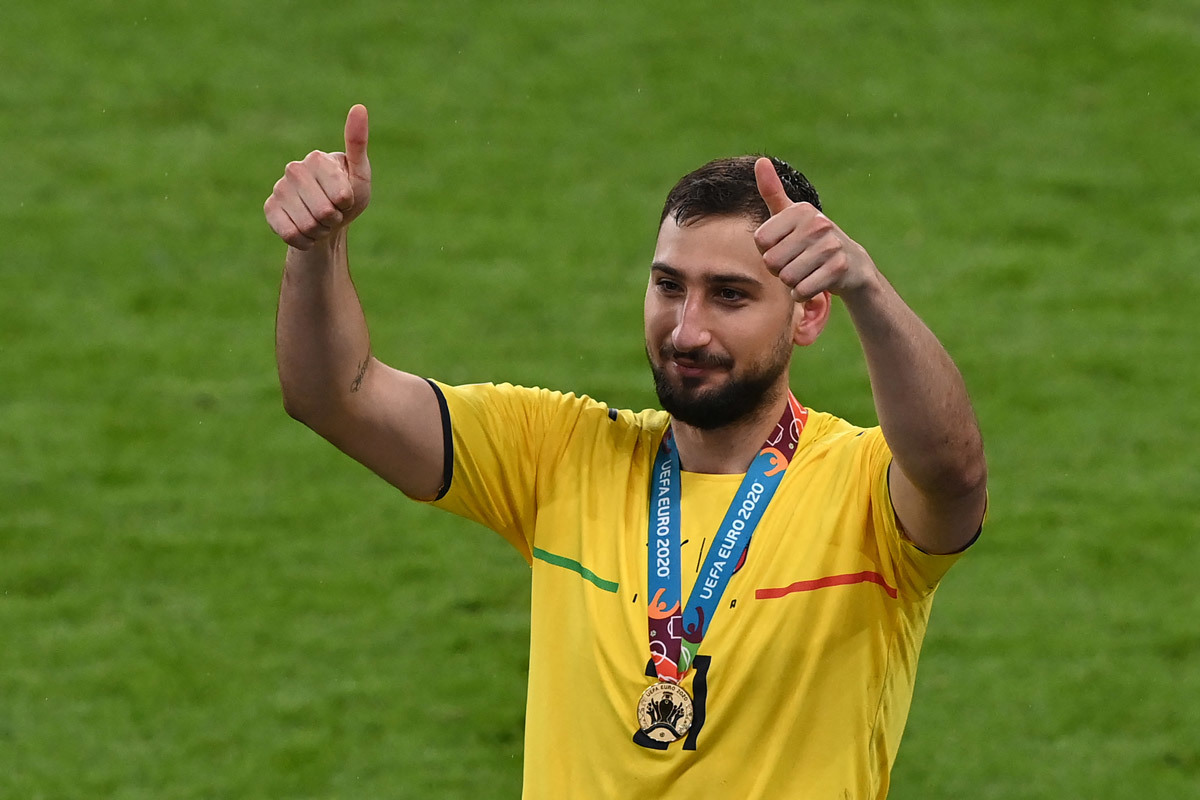
Italy have had some fine goalkeepers over the years, but none could say they had conquered Europe since the team of 1968.
And while the Azzurri only won one of their knockout games at Euro 2020 in normal time, there was no disputing that their progression through the tournament – and indeed, winning two penalty shootouts – was down to their man between the sticks.
Donnarumma, just 22 at the time, was crucial as Roberto Mancini’s men needed spot kicks to eliminate Spain and England, both times under the Wembley arch.
His save from Alvaro Morata in the semi-final handed Jorginho the chance to send Italy to the final, and while the midfielder couldn’t repeat the trick just a few days later, Donnarumma’s saves from Jadon Sancho and Bukayo Saka showed how key he was as Italy remain the reigning champions heading into 2024.
2024 – Rodri (Spain)
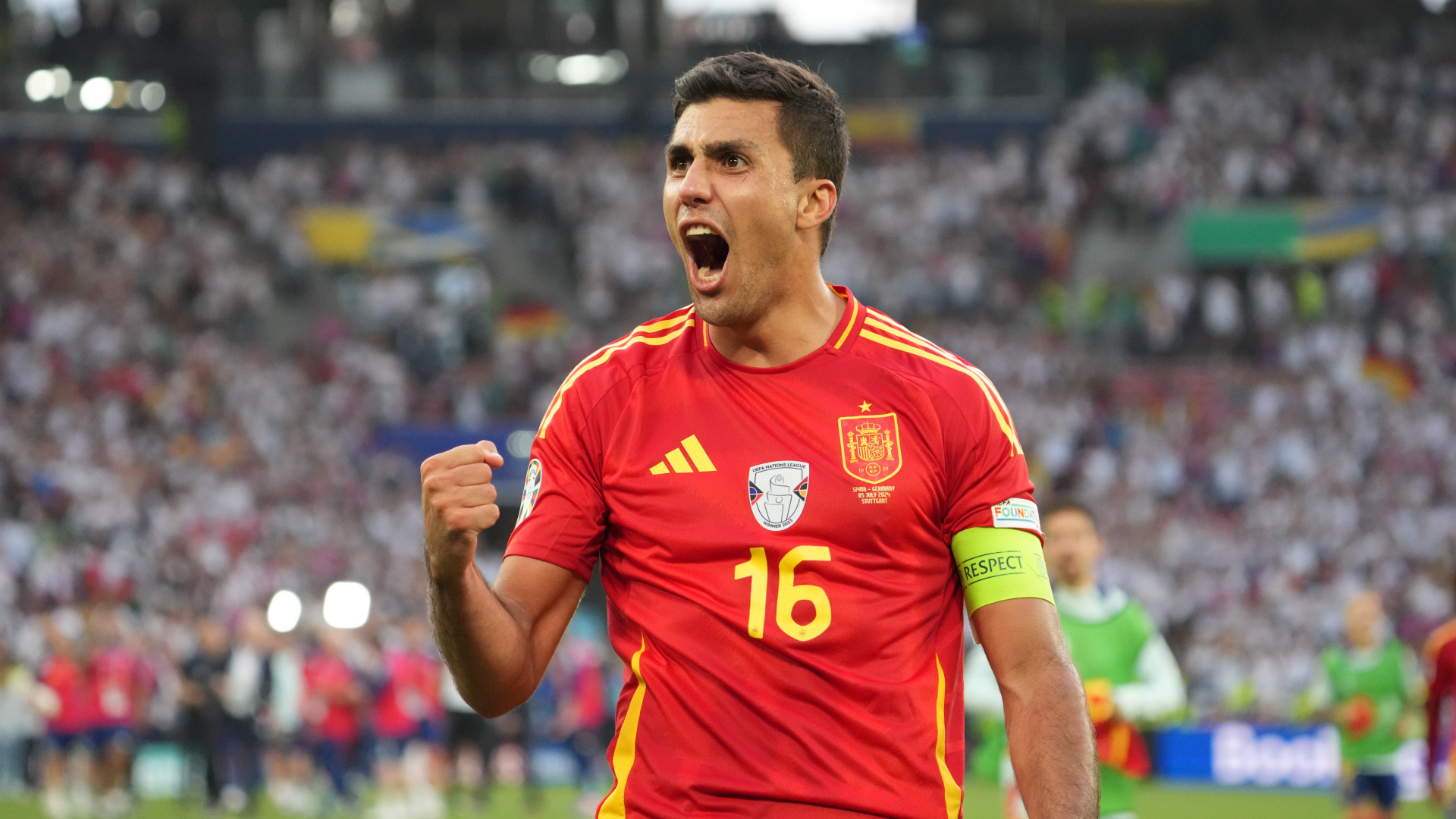
Despite being taken off at half-time in the final, Rodri played a key role as Spain went on to win for a seventh consecutive finals match – the first team to do so since the expansion of the tournament in 2016.
More known for doing the dirty work in the middle of the park, the Manchester City midfielder also popped up at crucial moments for his side, scoring the equaliser in the round of 16 after Georgia had taken a shock lead.
It has become customary for a player with a winners’ medal to take home the best player gong, but Rodri’s influence on the pitch was clear for all to see – and at 28, he could well remain a key part of their title defence in four years’ time.
